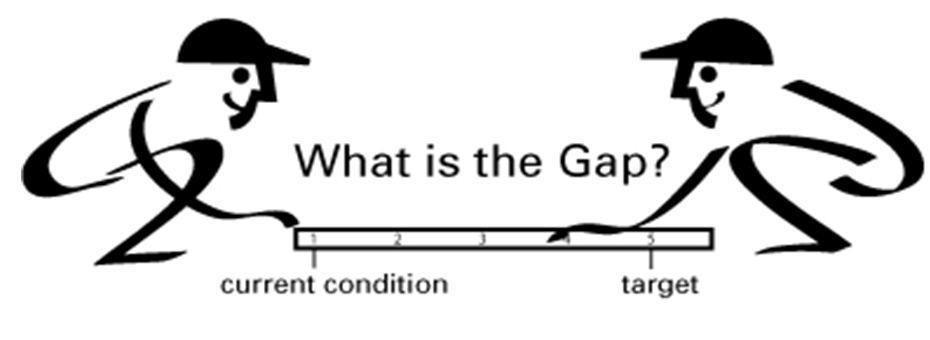Steve Spear, senior lecturer at MIT and former HBS professor, has been one of the leading voices in identifying and sharing the key elements of TPS/lean. Author of seminal HBR articles such as Decoding the DNA of the Toyota Production System and Learning to Lead at Toyota, as well as the book The High-Velocity Edge, he recently sat down with LEI CEO Eric Buehrens for a conversation about learning, which you can listen to on the most recent WLEI podcast.
The two discussed a wide range of topics, and raised important questions about the nature of lean and the need to examine the velocity of your own learning cycle. They also explored questions such as:
Why is there no second Toyota?
Where are the next lean academics and how can we help support them?
How can lean help the operations of a local zoo?
Above all the key theme of this discussion was: How can anyone anywhere scale and accelerate their learning cycle? The following excerpt (which started with a discussion about Tesla) from Steve elaborates on why this question matters so much:
“I think the general conclusion we can draw is if someone makes a promise, and they struggle to keep it, it’s because they’re not learning fast enough. What I mean,in particular, about this is that Tesla has made some really ambitious, audacious promises about its ability, or its intent to manufacture, and deliver a car which is outstanding, in certain ways, at certain volumes, with a certain time.
I think we can give them the benefit of the doubt that they are fully committed to those intents, and promises. The fact that they can’t keep those promises means that, in terms of knowing what to do, and how to do it, backed by the requisite skills to act on that know-how, they don’t know enough yet. If they don’t know enough yet, it’s because their previous experience designing cars, designing systems, implementing systems hasn’t yielded enough new understanding to be put into practice.
All of us, regardless of what we do professionally, we start our day with the implication of making promises. If we’re in the pharmaceutical industry, the implied promise we’re making is that we’re going to do something today that will help you feel better, and be better tomorrow. If we work in the insurance industry, when we badge into our job, in that act, we’re implying the process that we’re going to do something to help you reduce your risk, and the risk of the things that you hold dear. If we’re in the healthcare community, like I used to be, when we badge in, or show up for our job, we’re making some implied promise, or explicit promise that we’re going to somehow provide care-comfort-cure to the things that ail you.
Each day, I think we all start with the fear that we can’t hold to our promises. The reason we can’t hold to our promises, and conversely. the reason we can hold to them is a question of do we, or don’t we know enough? Can we, or can’t we do enough? Those capabilities, and I use the term ‘capability’ as a shorthand for both knowing what to do, how to do it, and having the skills to act on that, so, calling it capabilities … Those capabilities are not innate; they have to be discovered.
Like anything else that is discovered, those capabilities have to be discovered through some kind of learning process. That’s the importance of learning. We can unpack a little bit more about what we mean by learning, but as the velocity piece comes in, is that if we make promises, which, today, we don’t know enough, in terms of how to keep them, it means we…Again, if we make promises, where we don’t know enough about how to keep them, it means the only way we can keep those promises is about acquiring those capabilities, discovering what to do, how to do it, and having the skills to do so.
If our intent is to close the gap between what we can do today, which is insufficient, and being capable of keeping those processes…I’m sorry, if our intent is to close the gap between what we’re capable of doing, today, and actually, with high fidelity, keeping those promises, then we have to learn our way through that gap. If we want to close the gap quicker, then we have to learn faster. That’s where the velocity comes in is that the faster we learn, the faster we can converge on to being able to keep our promises each day.”
In this conversation, chapters from his book The High Velocity Edge were mentioned. Click here to download a pdf of those chapters.





